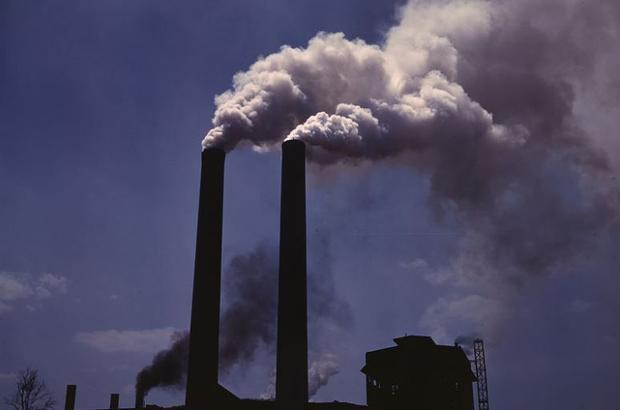Pyrocene – It’s a word composed of two parts: 1) the prefix pyro- for “fire,” and 2) the suffix -cene, which follows the naming pattern of previous epochs like the Miocene. Pyrocene was coined by fire historian Stephen J. Pyne in 2015.
Pyne is a professor emeritus at Arizona State University and former wildland firefighter with more than 30 books to his name. Interestingly, in most of his books he writes, “make fire a protagonist,” according to Bloomberg CityLab.
In his own words, Pyne explains the word, pyrocene: “I coined the term Pyrocene as a catchphrase in a 2015 essay titled “Fire Age” published in Aeon. Since then I’ve started using it regularly, and in 2019 began to propose it as an informing principle (in a literary sense) by which to understand the world our pact with fire has made. I have long regarded all of the Holocene as an Anthropocene. From a fire perspective I now regard the Anthropocene as a Pyrocene.
Humans and fire
Humans are said to have harnessed the power of fire over one million years ago. Since that time, we have used it in forging weapons, cooking, religious rituals, and clearing forests and land.
As we evolved from being hunter-gathers, we developed slash-and-burn techniques to clear land quickly and easily. This transition enabled us to build towns and cities, furthering our culture. And through all this time period, as we became “civilized,” we learned to control fire, or so we thought.
After dealing with massive wildfires in the late 19th and early 20th centuries, the waning decades of the Little Ice Age, a period of time came where state-sponsored conservation and the need to eliminate open flames took center stage. And literally, it worked. No open flames or brush clearing using fire was allowed.
Without the presence of a flame, the population of fires fell to the point where fire could no longer do the ecological work required.
This period of time coincides with the start of the Industrial Revolution and our impact and coming dependence on fossil fuels. As Pyne so aptly puts it, “The Industrial Age marked major escalation in humanity’s pyromania, setting off several chain reactions that now cannot be easily extinguished, including the rising global temperatures that have set the world ablaze.”
Think about this – We are the only animal that knows how to manipulate fire. No other animal does this. Our relationship with fire and being able to conquer it took us to the top of the food chain, and now threatens to unhinge the planet.
And we can now talk about climate change and its impact on wildfires, but climate change is not enough by itself to account for the plague of mega-fires in California, Australia, Siberia, Canada and Europe. Once we started burning fossil fuels, we set off what Pyne calls a “pyric transition,” or the start of the Industrial Age.
Welcome to the Pyrocene
We are actually living in the Holocene Epoch. It began approximately 11,650 years before the present, after the last glacial period, which concluded with the Holocene glacial retreat. The Holocene and the preceding Pleistocene together form the Quaternary period.
It is believed that this geological period we are in now is also an interglacial period, or period of intense warming before the start of another Ice Age. But Pyne believes we humans may have broken Earth’s cycle and the natural order of things. Before humans learned to harness fire – the planet was running along like a well-tuned engine.
Many scientists refer to this present age as the Anthropocene, a proposed geological epoch dating from the commencement of significant human impact on Earth’s geology and ecosystems, including anthropogenic climate change. There are quite a number of starting that have been proposed, like the beginning of the Agricultural Revolution 12,000–15,000 years ago, to as recent as the 1960s.
Conversations involving the term pyrocene really took off after 2019’s California wildfires and the burning of huge swaths of Australia and Siberia. Now we have massive wildfires burning up California again this year, as well as a number of other western states.
The term, pyrocene is becoming more apt for the age we are now preparing to deal with, an age where fire is the main factor in our lives. All the impacts, direct and indirect will effect us and how life goes on.
From areas burning to damaged watersheds and airsheds, the unraveling of biotas, the pervasive power of climate change, rising sea levels, the extinction of many species of plants and animals, the disruption of human life and habitats – you have a Pyrocene. The contours of such an epoch are already becoming visible through the smoke, says Pyne.

















